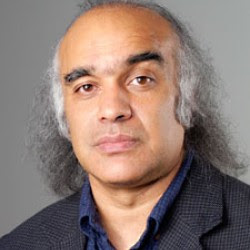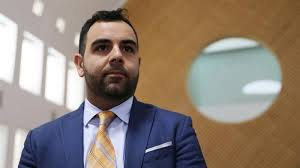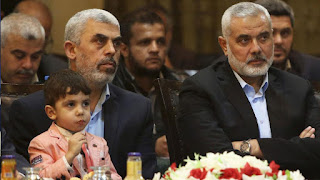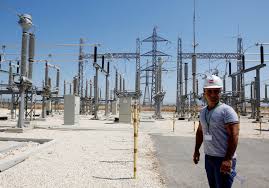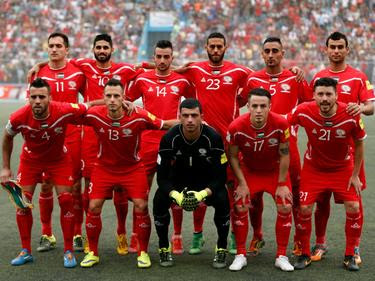 |
| Brown University Jewish Voice for Peace, student group emblem. |
November 20, 2019
By Faris K. Barhoum
Brown University student and Brown Jewish Voice for Peace and Brown Students for Justice in Palestine member Ben Bienstock, just wrote an op-ed piece for The Brown Daily Herald, where he outlined why the Palestinian led Boycott, Divestment and Sanctions movement was started and singles out the state of Israel. As stated by Bienstock, "Opponents of the movement have gained media and political prominence. Pundits have gone at length about the movement's supposed extremism, its 'one-sidedness' and especially its alleged antisemitism. Politicians have fumed about the movement, propelling dozens of states to pass legislation that attempts to outlaw BDS. Congress even briefly considered an ill-advised and certainly unconstitutional bill to criminalize supporters of the movement" (Bienstock, 1). As a result the BDS movement has become very controversial in the last couple of years and the State of Israel has gone to great lengths to criminalizing those that support the movement, and Israel has labeled BDS co-founder Omar Barghouti as a "terrorist." As of 2017, Israel has raised over $72 million in an effort to combat the movement at home and abroad.
 |
| Brown Students for Justice In Palestine, student group emblem. |
Bienstock believes that the negative discussion on BDS has overshadowed why it was started and what it aims to do in the long run. The main goal of the BDS movement is to hold Israel accountable for their crimes against the Palestinian people and supporters of BDS want a state that allows for Palestinians to live side-by-side with Israelis. Bienstock contends: "Yet, amid this clamor, many people pay remarkably little attention to what the BDS movement actually is; in the process, they ignore the voices of the Palestinians who called for the movement and the experiences that led them to do so" (Ibid, 1).
The BDS movement has broad support from around the globe and Bienstock points out that we should pay attention to this call. Bienstock states, "Globally, BDS has won the support of labor unions, religious organizations, student governments and academic associations. Before the movement, discussions of the 'Israeli-Palestinian conflict' erased Palestinian voices and misrepresented Palestinian resistance as merely one side in some kind of old-age intractable sectarian strife. BDS has begun shifting the focus of these conversations to simple questions of human rights and is generating grassroots pressure to win freedom and, justice and equality" (Ibid, 2).
The BDS movement has clearly started a real conversation and it is worth listening to because debate and controversy are good, we need to hear differing opinions. It will be interesting to see where this movement goes in the coming years. Till then we just have to stay tuned.
Article,
Bienstock, Ben. The Brown Daily Herald, "Bienstock '20: Understanding BDS Beyond The Headlines."
http://www.browndailyherald.com/2019/11/17/bienstock-20-understanding-bds-beyond-
headlines/. 11/20/19.
